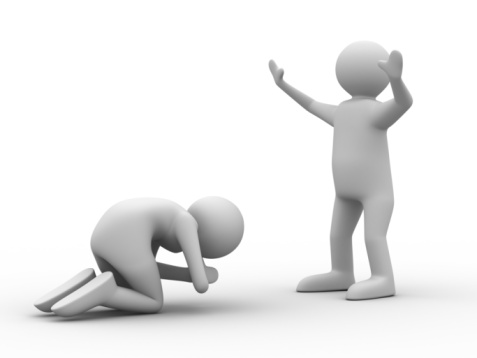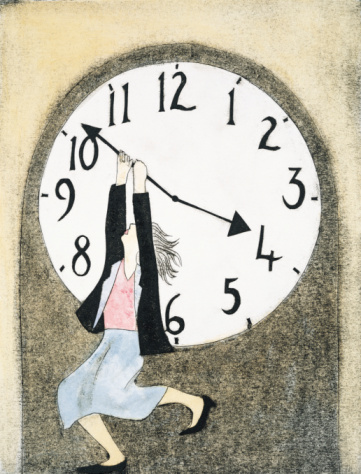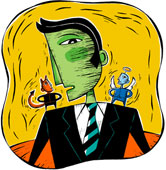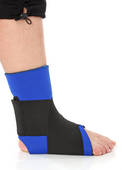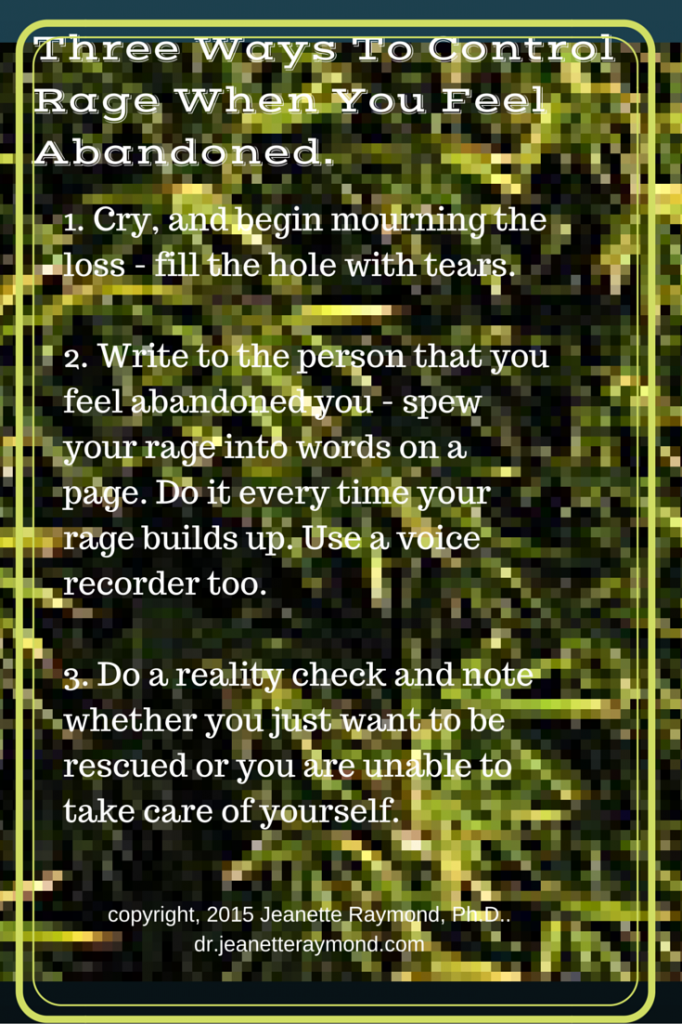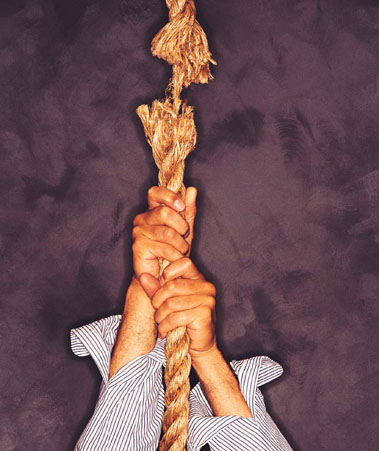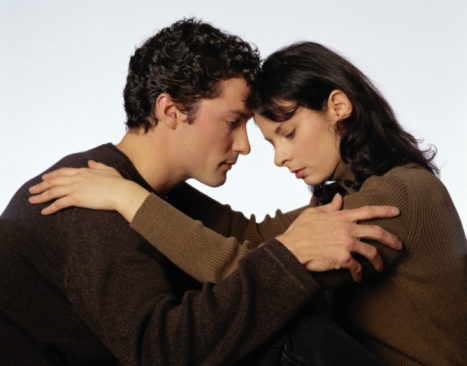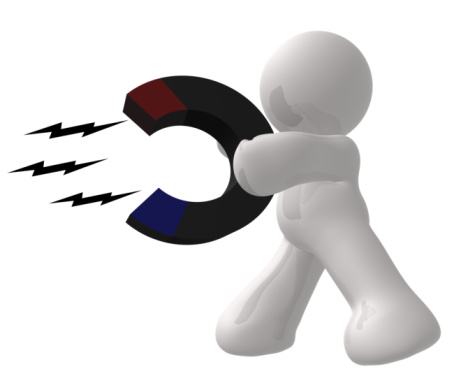Anger and Stress Management Tips for Satisfying Relationships

Sadness, loneliness, lack of energy, withdrawing from the world
You may find it hard to believe that anger may be at the root of your sad and lethargic feelings when you get depressed. But the link between anger and depression has been established centuries ago by the Greek philosophers and then more scientifically by the turn of the 19th century.
Treatment with SSRI's is the most widely practiced medication route. But recent research shows that there are two types of depression and that SSRI's are at best no better than a placebo (sugar pill) and that where they are effective, they are more helpful (with psychotherapy) for one more than the other.

Depression triggered by anger at yourself
When you are down, do you find your critical and judgmental voice beating you up because you didn’t match your ideals? Do you feel like you let yourself down even though you did your best? Anger at yourself makes you more likely to experience a war within yourself that exhausts you and makes you want to step back from life so that you don’t have to fail again, and hear the self-torturing condemnation that goes on inside your head.
An article reported in 2009, Advances in Psychiatric Treatment, describes the strong relationship between anger and depression, with guilt and shame strongly featured in the mix.
Words from loved ones that attempt to make you feel good don’t work because they feel so unrealistic and therefore not worth taking in. You can’t be comforted, or allow yourself to go easy on yourself.
A 2002 study reported in Psychology and Psychotherapy: Theory, Research and Practice, found that self-critical or introjective depressioni is based on negative self-evaluation of self-imposed unrealistic standards of perfection.
In addition, growing up with at least one harsh and judgmental parent, made you fearful and mistrusting of people who supposedly want to take care of and comfort you. Not only did you internalize that harsh and critical voice but you were suspicious of anyone offering a soothing balm!
The stress of having to bear your own condemnation and wrath is painful, and chronically so. Your suffering may be so overwhelming that it becomes a pain in your body. It could be headaches, back pain, muscle or joint pains. Your type of depression is linked to stress induced physical pain because you have closed the door for emotional comfort or compassion.
Antidepressants like Cymbalta target physical pain but they don’t really work for introjective depression because the area of the brain that is responsible for rage doesn't respond to this class of drugs.

Taking the exit ramp to the empty-lonely road, tends the mental lashings and restores your sense of well-being.
Sometimes your harsh judgmental attack on yourself makes you isolate yourself from the world which is more tolerant and compassionate than you are in the moment. So you end up feeling empty and alone when the punitive voice has done its worst. The shift to a more lonely and fearful place may help you seek comfort and security in others to make you feel worthwhile again.
Ironically you have shifted to the opposite pole of depression to escape the discomfort of this one, as you will see below.

Depression based on anger at others
If you feel lost, alone and empty when you are down, it’s most likely brought on by anger at losing a relationship that you relied on. It could be a friend who doesn’t call anymore, a close family member who moved away, or a mentoring relationship that came to an end. You may find yourself trying to fill that hole with food, alcohol, work, or being busy just to numb yourself and feel stabilized again. Or you might get clingy with others, feeling unsafe and scared to be on your own.
The 2002 study above found that the empty sad type of depression, known as anaclitic depression was characterized by a need to get reassurance and approval from others by meeting their high standards. So if you are not ‘perfect’ as others apparently expect, you risk losing them, you get stressed and insecure, and your feelings of self-worth plummet.
Growing up trying to please your parents or other loved ones and not succeeding made you feel ‘insufficient’; and so you attempted to win their approval by trying harder to be what they wanted you to be, losing yourself in the process. Having lost yourself, you are empty and scared.
When you constant efforts to be accepted, and “good enough” for significant others fail, you fall into a depressed state. You get angry at others for not acknowledging and rewarding your efforts, but you can’t show this imperfection, and get put in the reject pile for good!
Antidepressants such as SSRIs when they work at all, are better able to alleviate anaclitic depression because the symptoms of sadness can be lifted when more serotonin is made available.

Self Criticism helps you armor up and prevent yourself feeling so sad again
You may begin blaming yourself for ever letting yourself get attached because it just ends in abandonment, so why bother? You armor up against being sad and empty again by beating the drum of strength in not needing anyone ever again.
To escape the weak feelings of anaclitic depression to move towards introjective depression, evaluating yourself harshly and engaging in a lot of critical self-talk so that you will feel strong and not need anyone.
BUT, you are still depressed and continue to shift between the self-critical to the sad and lonely and back again.
Anger at not being perfect is at the root of both types of depression, brought on by lack of adequate acceptance and nurturing in the early years.

Working in an accepting, tolerating therapeutic relationship where you can express your anger – AND your guilt and shame about it is the best long term solution.
Copyright, Jeanette Raymond, Ph.D. 2015
AUTHOR OF 'Now You Want Me, Now You Don't! Fear of Intimacy: ten ways to recognize it and ten ways to manage it in your relationships."
You might also like:
Four ways to silence your self-critical voice
Six ways to avoid anger, stress and depression that ruin your relationships
Depression buries the anger that helps you connect with loved ones
Disclaimer: this article is for informational and educative purposes only. Dr. Raymond is not responsible for any reactions you may have when reading the content or using the suggestions therein. Interacting with this material does not constitute a therapeutic relationship with Dr. Jeanette Raymond.

